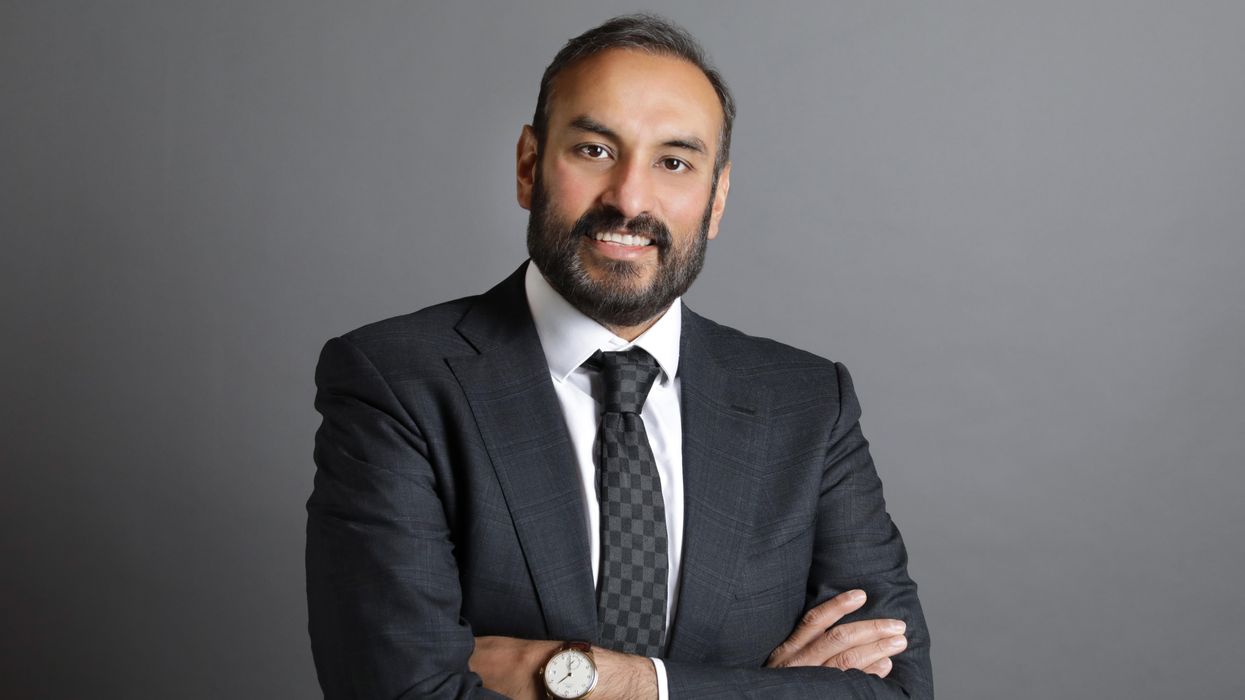MUMBAI-based visual effects company DNEG played a key role in the VFX for Dune: Part Two, which won the Academy Award for Best Visual Effects this year. CEO Namit Malhotra sees this as further proof of India’s expanding presence in the global VFX industry.
“The country that does most of the visual effects, more than any other country, is India. There are more Indians working (on VFX) in any major Hollywood film than there are in Indian films. That is a unique reality we are already in,” Malhotra told PTI on Monday after the Oscar winners were announced in Los Angeles.
The award for Best Visual Effects went to Paul Lambert, Stephen James, Rhys Salcombe, and Gerd Nefzer for their work on Denis Villeneuve’s sci-fi film. In his speech, Lambert acknowledged VFX vendors DNEG and Wylie Co, who contributed to bringing the fictional desert planet Arrakis to life.
DNEG, formerly known as Double Negative before merging with Malhotra’s Prime Focus World in 2014, has been associated with eight Academy Award-winning films, including Inception (2010), Interstellar (2014), Ex Machina (2014), Blade Runner 2049 (2017), First Man (2018), Tenet (2020), Dune: Part One (2021), and Dune: Part Two (2024).
Malhotra hopes Indian films will start using more advanced visual effects. “Our artists and our capabilities are already ahead of what Indian filmmakers are using... We don’t have enough big visual-led effects projects here, and that is where we are hoping to get to the next level.”
He believes it is only a matter of time before Indian audiences and filmmakers embrace visual effects as a significant part of storytelling. “It’s a matter of time... We will find that opportunity very soon.”
Winning the Oscar for Dune: Part Two is a validation of DNEG’s work, Malhotra said, as it comes from a “competitive group of the people who all have done incredible work.”
“To win these awards is pretty complicated. It’s a feeling of relief and excitement because we have been validated yet again. There is a lot of joy and positive feeling among the teams across the world.”
Malhotra has previously collaborated with Villeneuve, including on Blade Runner 2049, which also won an Oscar for visual effects.
“We also worked very closely with him on Blade Runner that also got us an Oscar on his film. And when he went on to make Dune... from the first initial phase itself, we collaborated very closely and really sort of took his vision on board and the world he was trying to create,” he said. His role, he added, is to align talent and technology with the filmmaker’s vision.
Reacting to Lambert’s mention of DNEG at the Oscars, Malhotra said they have worked together for years. “When he got the Oscar (Blade Runner), he was a DNEG representative and he worked with us for a few years. We have done some incredible work, including films like First Man... He continues to amaze in terms of his imagination and ability to execute these very diverse types of projects in absolute high-quality outcomes.”
On the impact of AI in the industry, Malhotra said it is another technological tool that will enhance efficiency. “We see AI as an opportunity because we believe that the ability to create greater efficiency or outcome faster,” he said.
Asked about the challenges faced by the Technicolor group, which led to job losses in its Indian VFX branch, Malhotra declined to comment on their situation but acknowledged the talent within the industry.
“From their standpoint, I am sure they had some issues with the pandemic and strikes that happened which have caused some issues just between them, their investors, and their backers. As far as DNEG is concerned, our prime focus is a relentless pursuit of what we do on a day-to-day basis.
"Developing new talent, investing in new technology. It’s going to be 30 years since I have started this. You have to play the marathon and if you train for a marathon, you will go much longer and build yourself better. Having a great group of people that you can trust and rely on is critical to the success of any business and any sport. That obviously shows the way our company has been able to navigate all these challenges and been successful at that ride," he said.
Next for Malhotra is the two-part adaptation of Ramayana, reportedly starring Ranbir Kapoor, Sai Pallavi, and Yash.
“Ramayana is something very close to my heart. We are not just doing the visual effects but also producing it. It’s a complete integration of all the 30 years of my learning of everything I have had in the industry... It’s a challenge but we are excited about that and believe that the time has come for Indian stories and Indian culture to now be more recognised at the world level. It’s as good as anything else out there,” he said.
(With inputs from PTI)




